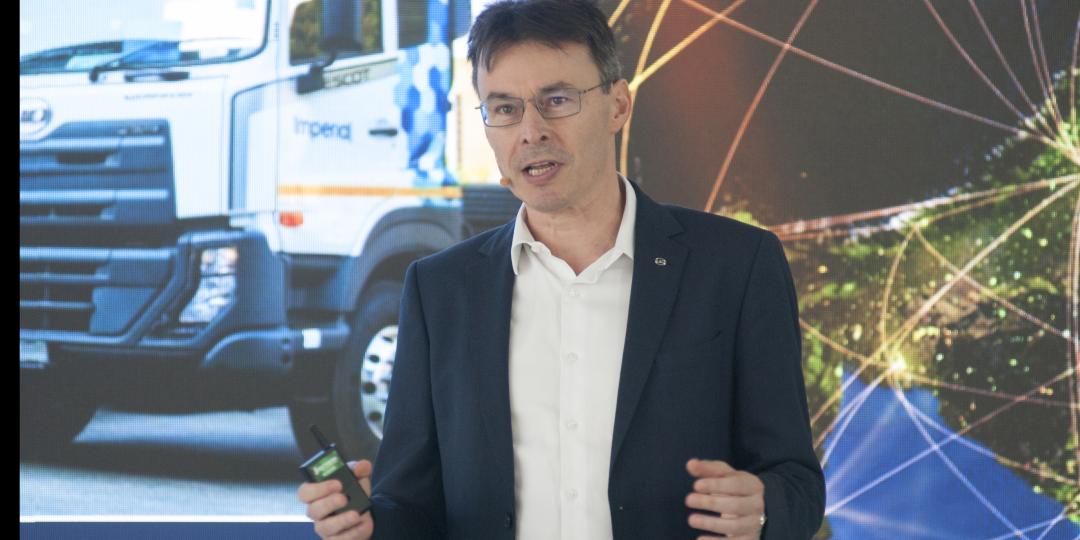UD Trucks has identified enhanced equity and empowerment for women in road freight as a key component that will enable the original equipment manufacturer (OEM) to become a leader in the field for Japanese sustainability by 2025.
According to the managing director of UD Trucks Southern Africa, Filip van den Heede, the upliftment exercise in driver training looks beyond the purely physical.
Through assistance by the Commercial Training Academy (CTA), the initiative intends to educate female drivers about important aspects of the trucking trade, namely vehicle inspections prior to a trip, understanding safe loading practices, and the training in technical requirements and soft skills needed for job-seeking – all in addition to getting one’s heavy-duty driver’s licence.
Van den Heede emphasised that UD Trucks was taking a long view with regard to enhanced gender representivity in the industry.
“Drivers are important for us and there is a shortage of skilled drivers in the market.”
UD Trucks though has narrow-focused its future approach to driver training.
“We’ve seen from international studies and also from talking to insurance companies in South Africa that there are clear statistics that women drivers are safer drivers and that they are more fuel efficient,” Van den Heede said.
“These are all attributes that a professional logistics company will appreciate, especially considering the impact of inflation on the price of diesel.”
Speaking at a presentation in Gauteng on Wednesday, Van den Heede explained that the company’s empowerment exercise formed part of a bigger sustainability drive, “Better Life”, shaped around four pillars of progress – “Better for Logistics, Better for the Planet, Better for Business and Better for People”.
However, reservations were expressed about whether equity exercises as part of the drive’s “Better for People” component were necessarily a good idea.
Asked whether enhanced involvement of women in road freight would be local or regional, especially considering the manifold risks facing truck drivers in South Africa alone, Van den Heede said the emphasis for the time being was on “local distribution”.
He added that the role women played in families had been taken into consideration, and that it was understood that in many instances female drivers might prefer to return home at night.
From a long haul overnight point of view, Van den Heede said: “A lot has to change in the ecosystems for women drivers to feel safe
“CTA is working on different initiatives to see what they can do to make the environment friendlier and safer for women.”













